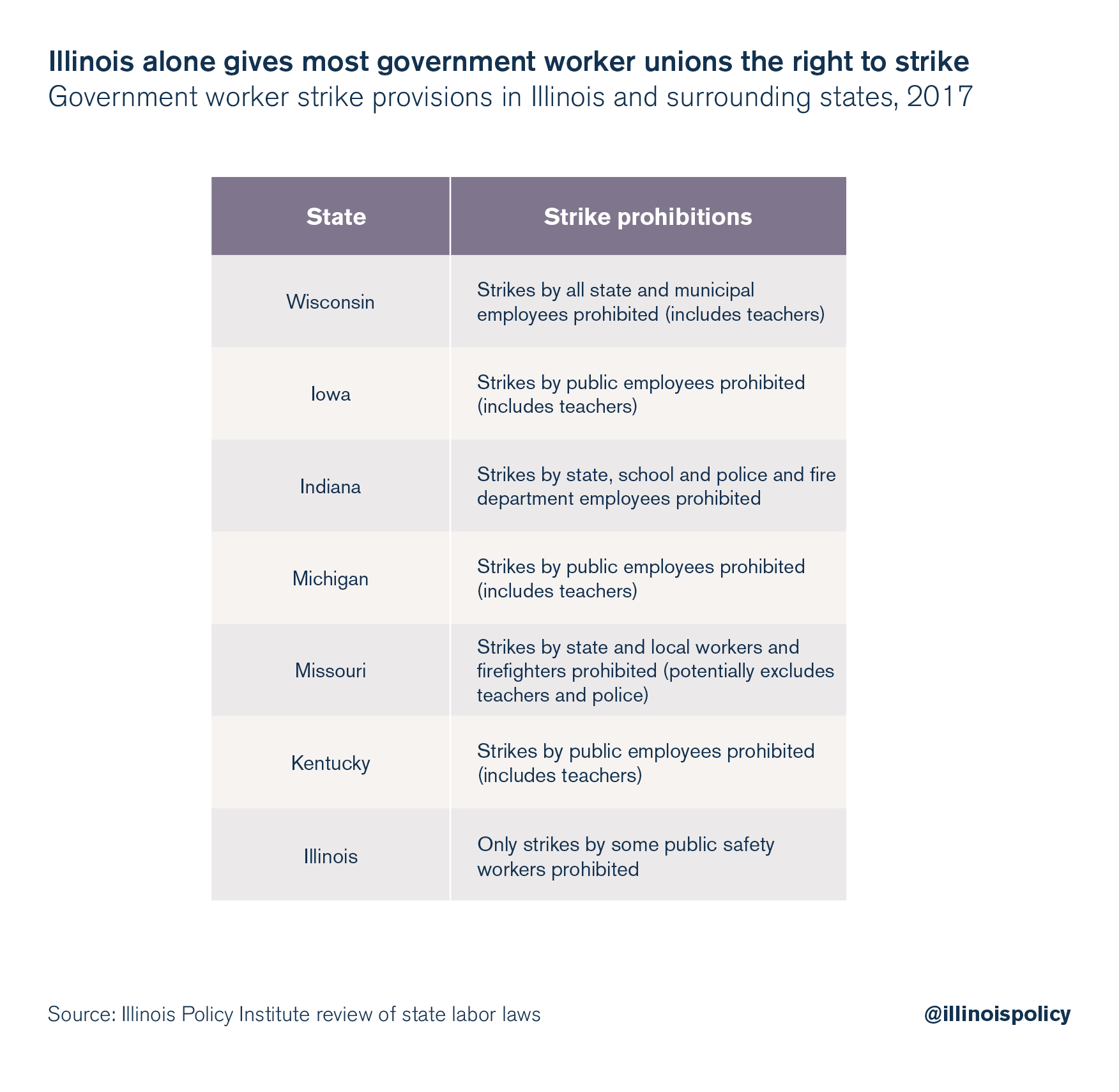West Chicago teachers set to go on strike
A government worker union in West Chicago will vote Jan. 26 whether to authorize a strike for District 94's 141 high school teachers. A strike would leave over 2,000 students in the lurch - a tactic not allowed in any of Illinois' neighboring states.
A teacher strike is looming at West Chicago Community High School – and if teachers walk out, it will affect more than 2,000 students, nearly half of which come from low-income households.
Teachers represented by the West Chicago High School Teachers Association will vote on Jan. 26 whether to walk out, according to the Daily Herald. After two years of negotiations, the government worker union and District 94 have reached an impasse. The sticking point: salaries.
The school board is offering salary increases averaging around 12 percent over four years – up from its previous offer of 8.73 percent during that same time period. But the union is insisting on salary increases averaging 17 percent over four years, according to the Daily Herald.
And now the union is using its strike power as a cudgel to force its demands.
That’s the way bargaining works for local governments across Illinois. When a government worker union doesn’t get its way, it can threaten to shut down important services until its demands are met.
That, in turn, forces school districts to make unfair choices: either bow to the government worker union’s expensive demands, or risk a strike that could leave students and parents in the lurch.
It’s an uneven playing field, with government worker unions holding the power. Taxpayers are forced to watch from the sidelines, powerless as their hard-earned money is strong-armed away.
But it doesn’t have to be that way. Illinois has enshrined a “right to strike” for most government workers in state law. Conversely, every one of Illinois’ neighbors prohibits most or all government workers from going on strike.

A government worker strike is different than a strike in the private sector. When government worker unions threaten to strike, they are threatening to shut down government functions and deprive residents of vital services. It isn’t the party sitting on the other side of the negotiating table, such as the governor or a city council, that directly bears the harm – it’s the residents themselves.
In other words, it’s a bullying tactic government unions threaten to use to shut down important services until their demands are met.
Illinois must follow the lead of its neighbors. Otherwise, government worker unions across the state will continue wielding oppressive power over the people of Illinois – and taxpayers will continue paying heavily for it.
